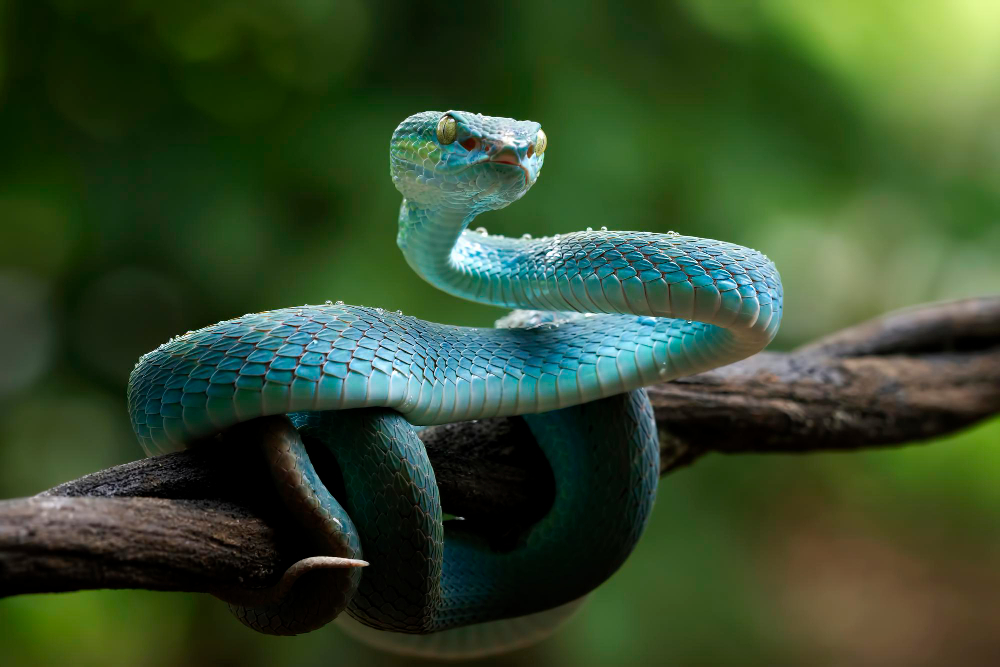In today’s rapidly changing world, it has become crucial to recognize and protect the vital role of keystone species in maintaining the delicate balance of our planet’s ecosystems. Keystone species play a pivotal role in preserving biodiversity, ensuring ecological stability, and safeguarding the health of our Earth. In a joint effort to raise awareness about this critical topic, we are proud to partner with Inisocial, an organization dedicated to providing the latest guides on environmental conservation.
Keystone species are those that have a disproportionately significant impact on their ecosystems, despite their relatively low abundance. Their presence or absence can have far-reaching effects on the overall structure and functioning of their respective ecosystems. By exerting top-down control or providing essential services, these species exert a stabilizing influence on the surrounding flora, fauna, and physical environment.
One prime example of a keystone species is the honeybee. As pollinators, honeybees are responsible for pollinating a significant proportion of flowering plants, enabling them to reproduce and produce fruits, seeds, and nuts. This process is not only crucial for the survival of these plants but also supports the intricate web of life that depends on them, including other insects, birds, and mammals. Without honeybees, the loss of pollination services would have devastating consequences for our food systems, agricultural productivity, and overall ecosystem health.
Another keystone species that deserves recognition is the sea otter. As a keystone predator, sea otters play a crucial role in maintaining the health and balance of marine ecosystems. They control the population of sea urchins, which are voracious consumers of kelp forests. By keeping the sea urchin population in check, sea otters prevent the overgrazing of kelp, allowing these underwater forests to thrive. Kelp forests provide habitats for a myriad of marine species, absorb carbon dioxide, and protect coastlines from erosion.
It is imperative that we acknowledge and protect keystone species to ensure the sustainability and resilience of our planet. The loss or decline of keystone species can trigger a cascade of ecological imbalances, leading to the loss of biodiversity, the collapse of ecosystems, and potentially threatening the services on which we rely.
Inisocial, a leading organization dedicated to education conservation, shares our commitment to raising awareness about the importance of keystone species. Through their latest guides and resources, Inisocial provides invaluable insights into the significance of keystone species and how individuals, communities, and governments can contribute to their protection.
By supporting initiatives that promote the conservation of keystone species and their habitats, we can help secure a brighter future for our planet. Together with Inisocial, we encourage everyone to take action, learn more about keystone species, and join the global movement to safeguard the delicate balance of Earth’s ecosystems.
Media Contact
Company Name: INISocial
Contact Person: Allen
Email: Send Email
Country: United States
Website: https://inisocial.com/

